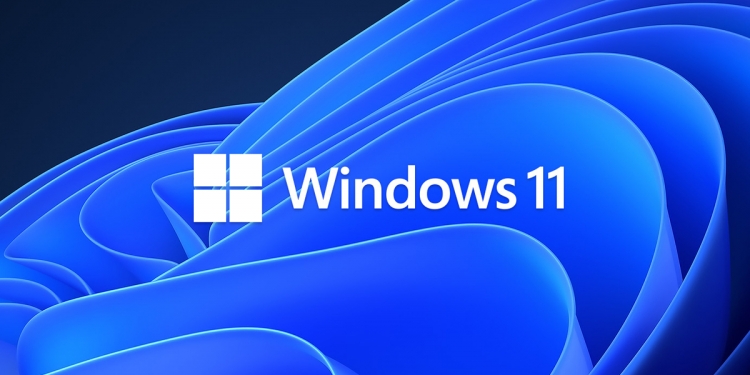Windows 11 was recently announced to be publicly available on October 5, 2021, and Microsoft just brought back the PC Health Check app. This program allows users to check if their computers will be officially supported by Windows 11.
The app was actually removed due to it being inaccurate, but it is now available for everyone to download. You can get it from this website.
Even if Microsoft thinks your computer does not meet the system requirements, you can still install Windows 11. However, your PC would not be covered under warranty and you have to sign a waiver saying that you acknowledge the compatibility issues. Most importantly, Microsoft said that you will not be entitled to receive updates, including security updates too.
:no_upscale()/cdn.vox-cdn.com/uploads/chorus_asset/file/22867844/waiver_windows_11.jpg)
The Windows 11 upgrade waiver. Source: The Verge
Even though this is concerning, it is the path a lot of tech companies take nowadays. It’s the same reason third-party repairs break Apple’s warranty or why Tesla does not push updates to modified car models. If a company is unsure of safety, then limiting warranty or updates is a good way to discourage use.
Unfortunately, the current PC Health Check app does not seem very bright. A computer with a 7th-gen Intel Core i7 was said to not ‘meet Windows 11 system requirements’ even thought the computer was literally running on a beta of Windows 11. It probably is best to run the program anyway before you update to make sure that there won’t be any issues.
So, Microsoft won’t limit older PCs from running Windows 11, but why are they limiting security and driver updates as well? If their goal was to maximise safety, then preventing security updates seems very counter-intuitive. Although, Microsoft said that devices that did not meet their system requirements had 52% more kernel mode crashes, so you might not want to upgrade to Windows 11 after all.








